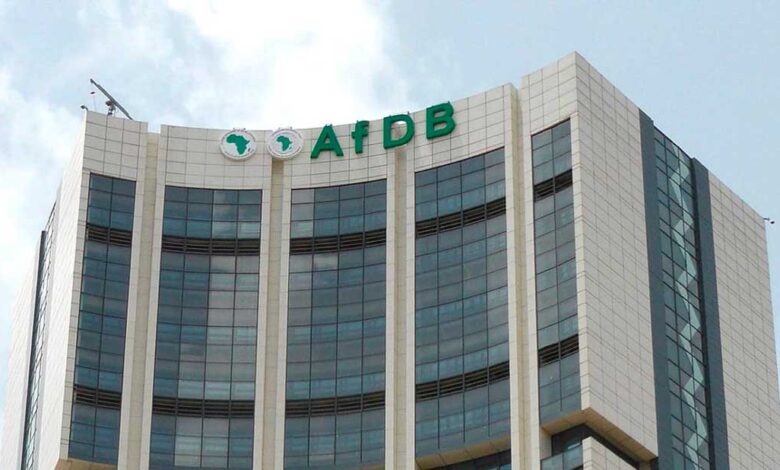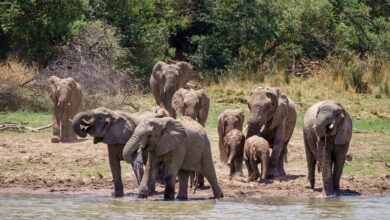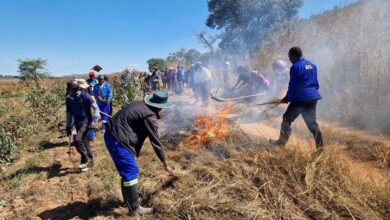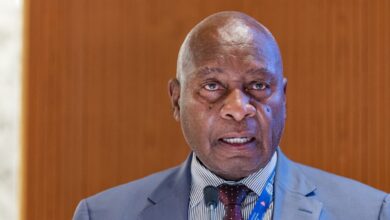
The African Development Bank (AfDB) has announced a historic $11 billion in new operations for 2024, the highest lending volume in its history, underscoring its commitment to driving inclusive growth, industrial transformation, and climate resilience across Africa.
The announcement was made through the Bank’s 2025 Annual Development Effectiveness Review (ADER), which highlights key results and progress in tackling development challenges across the continent.
AfDB President Dr. Akinwumi Adesina described the continent as standing at a crossroads, facing a multitude of complex challenges, but equally possessing the tools and potential for transformative progress. He emphasized the Bank’s mission to unlock that potential through large-scale, strategic investments.
“This year’s ADER shines a light on the Bank’s key role in harnessing and unlocking Africa’s immense potential,” said Dr. Adesina. “As the continent’s leading development finance institution, the Bank is not only driving transformative infrastructure projects but also reshaping Africa’s future.”
In 2024, the AfDB helped provide access to transportation for more than 3.5 million people, improved food security for 27 million, enhanced healthcare access for 14 million, and delivered clean water to nearly five million people. Additionally, close to one million individuals gained access to electricity, while 1.5 million farmers received climate-smart technologies aimed at strengthening agricultural resilience.
A notable focus of the Bank’s efforts was on Special Agro-Industrial Processing Zones (SAPZs), with $2.4 billion mobilized in financing. These zones are designed to boost food production, create jobs, and develop rural economies. The SAPZ initiative complements the Africa Emergency Food Production Facility (AEFPF), which has so far supported 12 million smallholder farmers in 35 countries with improved seeds and fertilizers. The AEFPF is scheduled to conclude in 2025.
Clean energy was another area of major investment, with over 200,000 new electricity connections reaching nearly one million people. Of the total $11 billion in new operations, $5.5 billion was allocated to climate finance, with a strong emphasis on adaptation — particularly important for Africa, which faces increasingly severe climate shocks.
Dr. Adesina noted that the Bank’s work in 2024 marked the end of a decade of transformative impact, touching the lives of over 560 million people, including more than 240 million women.
“Africa’s potential is boundless, but realising the opportunities requires strategic investments at scale,” he said. “This is the moment for African institutions to lead the continent’s transformation, but success will require strong, sustained support from international partners to help low-income countries meet their financing needs.”
The ADER report also highlighted growth in Africa’s manufacturing sector, which rose from $282 billion in 2020 to $302 billion in 2023, demonstrating resilience to global economic headwinds. However, Africa’s share of global processed commodities remained unchanged at 10.9%, prompting the Bank to ramp up efforts in industrialisation by improving access to finance and digital services.
In 2024 alone, the AfDB provided financial access to 1,177 enterprises and delivered basic ICT services to over 21 million people.
With this record-breaking investment and broad development footprint, the AfDB continues to cement its role as a critical driver of Africa’s economic transformation, social development, and climate preparedness.




